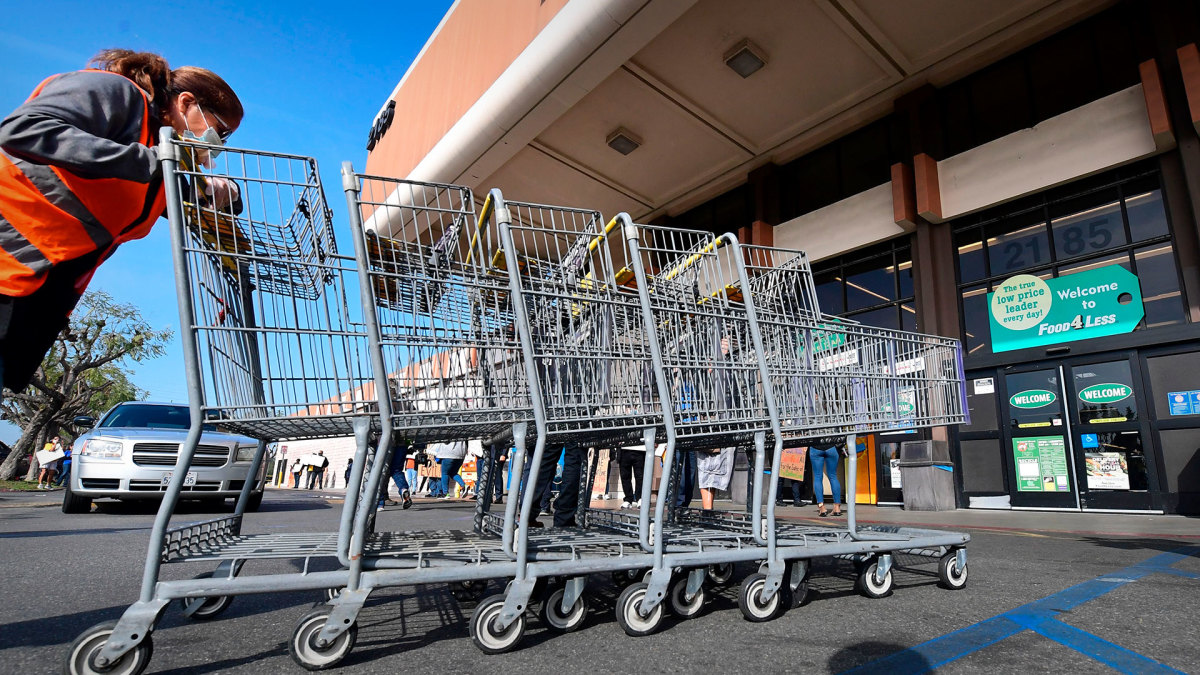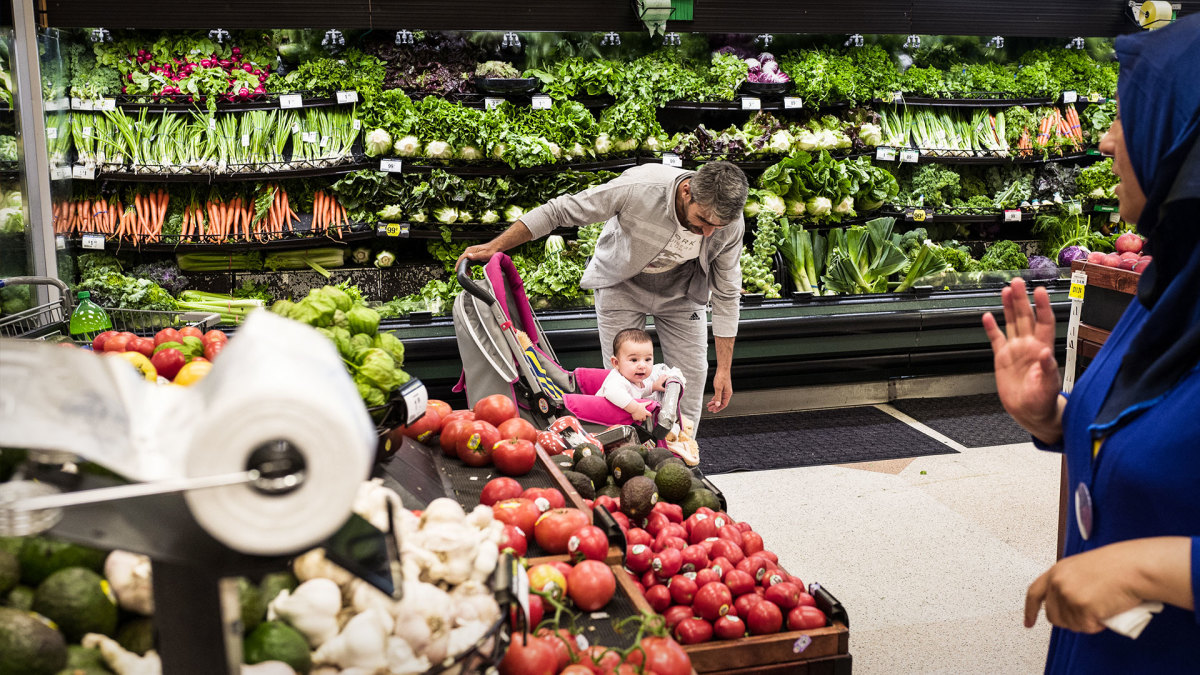
The public often learns a company has financial troubles when a favored store closes. That's what happening with Rite Aid, which will close up to 500 stores as part of its Chapter 11 bankruptcy filing.
In more extreme cases, like Bed Bath & Beyond, Christmas Tree Shops, and Tuesday Morning, customers learned how dire the company's finances had become when they visited their local store and found it undergoing a liquidation sale.
Related: Walmart makes a change that gives it an edge over Costco, Target
There are, of course, often signs of financial trouble that some customers notice before a brand actually files for bankruptcy or even reports that possibility, Shelves get a little bare and items that were previously in stock are often missing.
Before Bed Bath & Beyond actually filed for bankruptcy protection many of its stores looked like they had just completed a holiday sale and had yet to restock shelves. The problem, of course, was that the chain's warehouses had no merchandise to fill those shelves because vendors were seeing payments slow down. When that happens, it creates a death cycle that only money (usually a lot of it) can fix.
In the case of a key vendor going bankrupt, customers may not know anything is wrong until products disappear from shelves. When Hostess went bankrupt in 2012, fans of Twinkies and the company's other snack cakes only knew there was a problem when they went to buy those items and they simply weren't there.
The latest retail bankruptcy involves a major supplier to grocery chains including Kroger (KR) -), Walmart, Whole Foods, and Wegmans. You may not know the company's name, but you almost certainly know its products.

Image source: Andrew Renneisen/Getty Images
Key fruit supplier files Chapter 11 bankruptcy
Aside from Dole and Chiquita, the fruit industry does not have a lot of big brand names that consumers know. Prima Wawona, which is based in California, supplies major grocery chains all around the country with stone fruits including peaches, plums, nectarines, and apricots.
It's a major brand that does label its products with the "Wawona" name, but the company markets its products to its vendors, not to consumers. The company does have a public-facing website which describes its business:
"We put quality first, which is why our fresh-picked fruit is always at the peak of juiciness and flavor. Each stone fruit is grown, nurtured, hand-picked, and hand-packed in the same way. From planting to harvest, we strive for perfection in everything we do, so you can trust that when you choose Prima, you’re enjoying premium quality fruits brought to you at just the right time," the company shared on its website.
Now, Prima Wawona has filed Chapter 11 bankruptcy with plans to either sell the company to existing debtors or a third-party filing.
What's next for Prima Wawona
The company said in its bankruptcy filing that it plans to continue its regular shipments to all of its retail partners.
In the filing, the company said that it plans to transition ownership of the company and recapitalize the business.
"In connection with an agreement reached amongst the company's lenders, Prima Wawona is proceeding with a transaction that will involve either the conversion of existing lender debt into equity ownership of the business or allow for a sale transaction to a third-party buyer via an expedited auction process," the company shared.
The company's lenders have agreed to allow it to fund its business during the transition period. In addition, Prima Wawona has said it intends to keep paying its vendors and suppliers under its normal terms.
If a third party emerges that will pay more than the value of the current debt, that company could end up owning the company. Any transaction will require the approval of the bankruptcy court.







